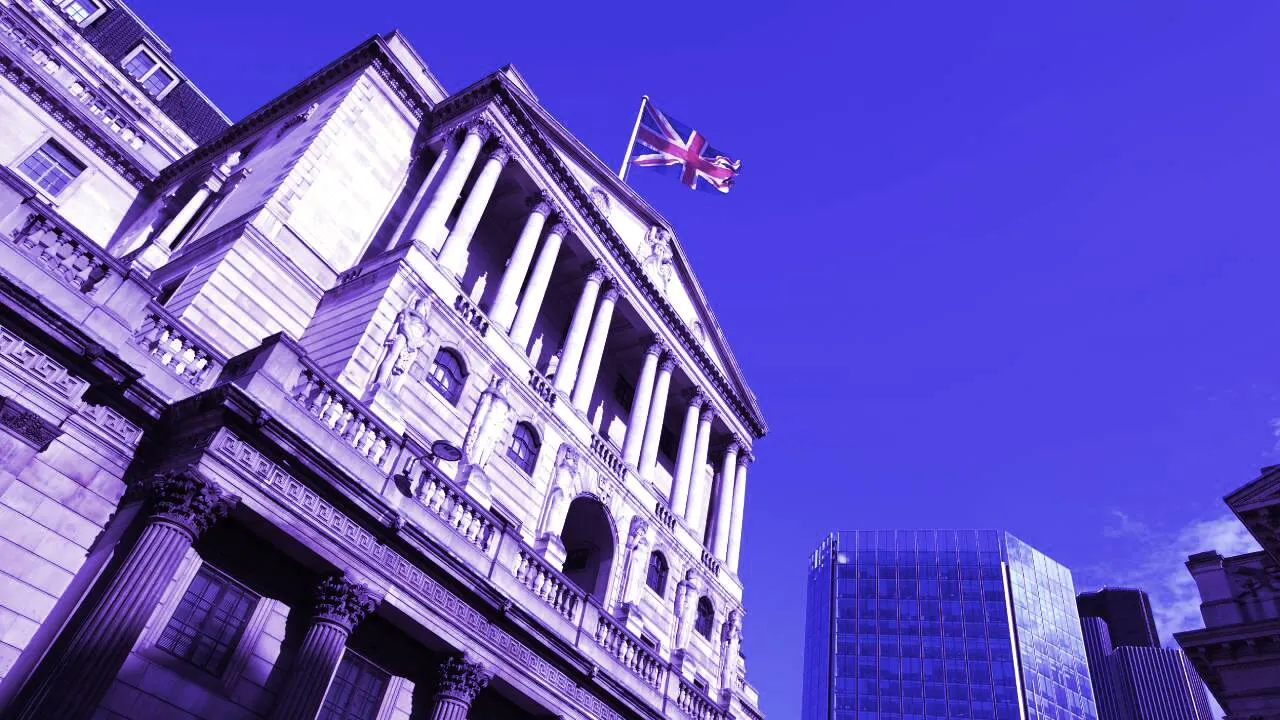The Bank of England today called for better regulation of cryptocurrencies, noting “vulnerabilities” in the market.
In the U.K. central bank’s Financial Stability Report published Tuesday, it said that “cryptoasset valuations have fallen sharply,” plunging from a peak of nearly $3 trillion last year to the $883 billion is it now.
It said that although this wipeout “did not pose risks to financial stability overall,” tougher laws are needed to protect the wider financial system in the future.
“A number of vulnerabilities were exposed within cryptoasset markets similar to those exposed by past episodes of instability in more traditional parts of the financial system,” the report said.
“These events did not pose risks to financial stability overall. But, unless addressed, systemic risks would emerge if cryptoasset activity, and its interconnectedness with the wider financial system, continued to develop,” it added, noting that stronger law enforcement and regulations are needed.
The BoE has been talking about cryptocurrency a lot lately. In December it warned that the industry could pose a threat to the established financial system.
But in April, the U.K. government announced plans to become a “global crypto asset technology hub”—with stablecoins being used “as a recognised form of payment.” The UK central bank has since said that it would intervene to direct and oversee collapsing stablecoins.
A stablecoin is a digital asset meant to be more stable than cryptocurrencies like Bitcoin or Ethereum—which both swing wildly up and down in price. Stablecoins, considered by many to be the backbone of the cryptocurrency ecosystem, are pegged to fiat currencies like the U.S. dollar to prevent fluctuations and help traders maintain liquidity. These coins maintain their pegs in different ways, with some like Tether and Circle’s USDC purportedly holding equivalent assets in reserve.
Though perhaps the biggest crypto story of this year so far was the ignominious crash of the Terra ecosystem—a DeFi (decentralized finance) protocol which became virtually worthless in a matter of days when its stablecoin, an algorithm coin that relied on code to hold its price steady, lost its peg, hitting investors and the wider market hard.
In today’s report, the BoE again said such assets need to be regulated. “Absent additional regulation, some stablecoins held to be used for payments may not offer similar protections to central bank or commercial bank money,” it added.

